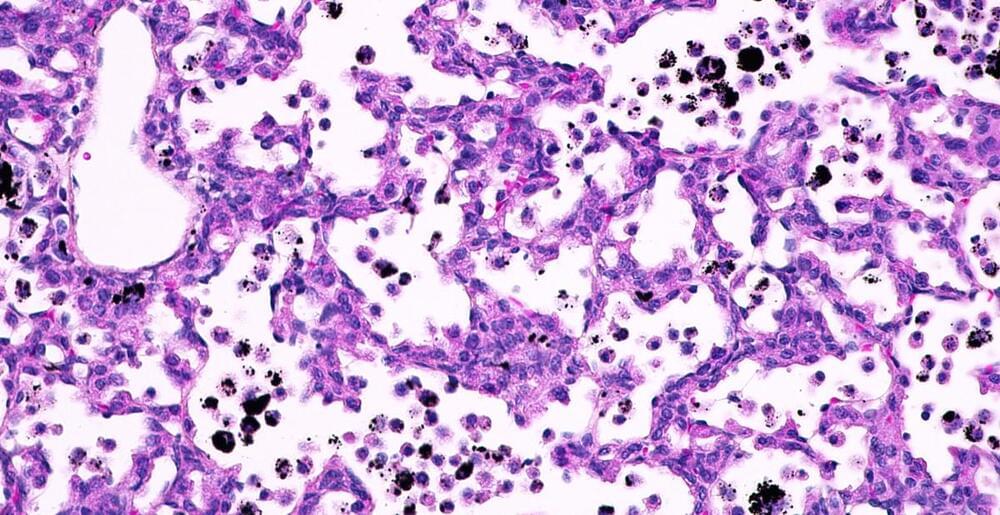While it may seem common knowledge that smoking is bad for your lungs, if and how ultrafine particles present in cigarette smoke impact the development and progression of lung cancer remains unclear. Working with animal models, researchers at Baylor College of Medicine sought to find how airborne ultrafine particles in smoke can change a host’s defense against lung cancer.
In a study published in the current edition of Science Advances, Dr. Cheng-Yen Chang, a postdoctoral fellow in Dr. Farrah Kheradmand’s lab in the Department of Medicine – Pulmonary at Baylor, and their team discovered that exposure to ultrafine particles alters the function of immune cells in the lungs, disabling their natural defense mechanism against tumors. They found that ultrafine particles change the cell’s primary energy source, creating new byproducts in the lungs. Accumulation of the new byproducts can decrease the host’s immune defense, allowing tumors to escape detection.
These particles are not just found in cigarette smoke; environmental and other natural fires also incompletely combust organic matter that generates ultrafine particles. Kheradmand and colleagues at Rice University had previously found that immune cells in the lungs of heavy smokers contain particles that they identified as nano-sized elemental carbon black.
